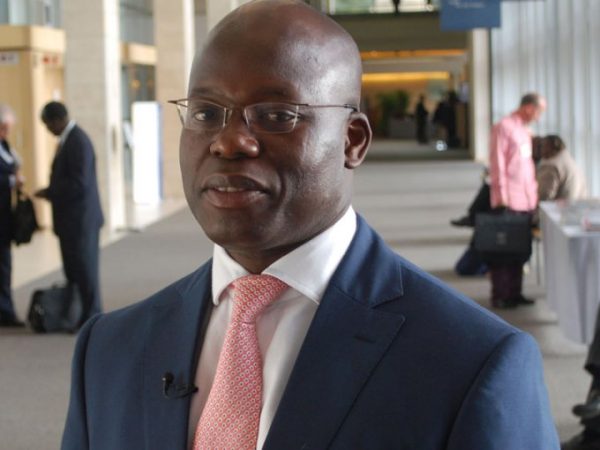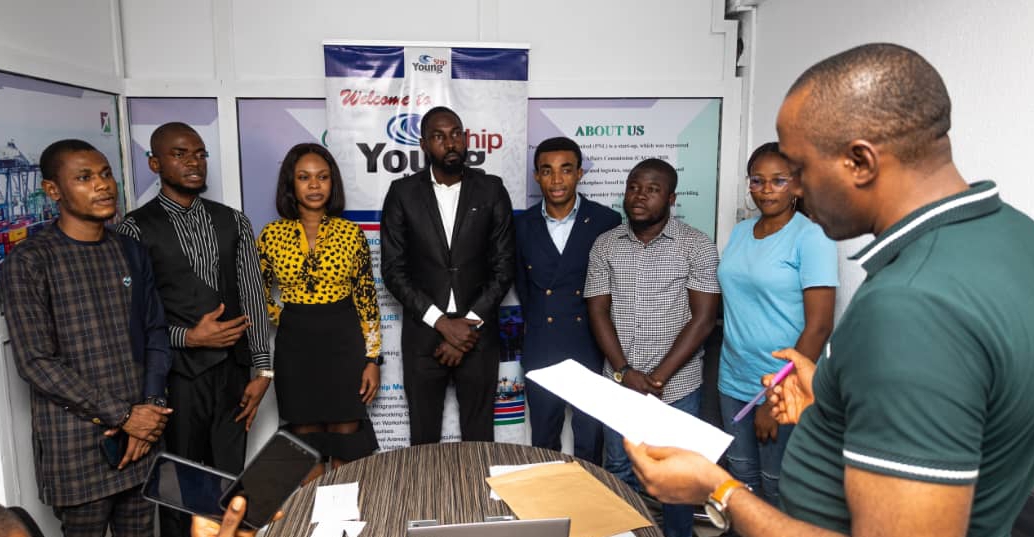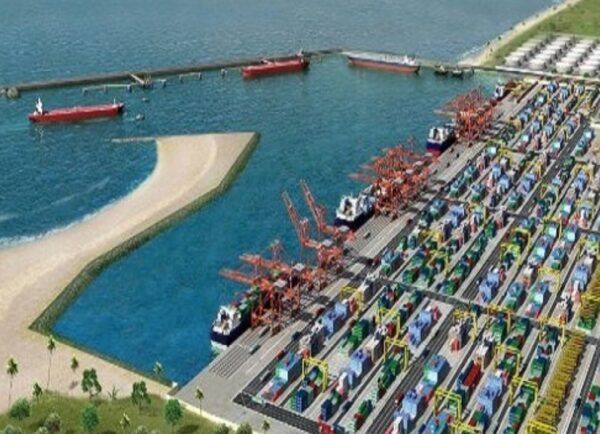
The Nigerian National Petroleum Corporation has put the cash call arrears owed oil companies for the development of joint venture assets at $6.6bn (N2.01tn).
The Group Managing Director of the corporation, Dr. Maikanti Baru, disclosed this on Monday at the inauguration of the reconstituted NNPC Anti-Corruption Committee in Abuja, according to a statement.
He also said the four major investments the NNPC recently embarked upon with key upstream JV partners were capable of providing incremental revenue to the national treasury by over $30bn within the next 10 years.
He said the investments, which attracted close to $3.8bn in foreign direct investments, would serve as a vehicle to fast-track the prevailing post cash-call exit era.
Baru listed the JV alternative financing upstream investments to include the $1.2bn multi-year drilling for 36 offshore/onshore oil wells under the NNPC/Chevron Nigeria Limited, and the NNPC/First E&P JV and Schlumberger tripartite $800m alternative funding agreement for the development of the Anyalu and Madu fields in the Niger Delta.
Others were the agreements executed in London last week for the $1bn NNPC/SPDC JV Project Santolina and the NNPC/Chevron $780m Project Falcon on Sonam, hitherto financed through the JV cash call.
He said, “These four projects alone are going to raise incremental revenues to Nigeria of over $30bn over the life of the projects in less than 10 years. They will also serve as part of the vehicle for exiting the JV cash calls.
“We have to pay our arrears of about $6bn incurred pre-2016 and we are also paying up a tranche of about $1bn 2016 arrears. We started in April 2017 with the payment of $400m and we will pay the balance before the anniversary of the first payment.”
According to the GMD of the NNPC, the arrangement will allow the corporation to subsequently operate from the production revenue less the first line charge to the government, which is the royalties and petroleum profit tax.
He said the profit would be remitted to the government after deduction of production cost.
Baru traced the NNPC’s involvement in the anti-corruption campaign to the year 2000 when the Federal Government directed all its ministries, departments and agencies to establish in-house anti-corruption committees.
He described the NNPC as the first to put a committee in place within a month, precisely in October 2000, with him as the chairman then.
He noted that since then, the NNPC Anti-Corruption Committee had consistently carried out its mission of eradicating corruption in the NNPC through organising sensitisation campaigns, workshops, seminars and the Federal Government’s publications on issues concerning corruption and economic crimes.
The new committee is headed by Mr. Mike Stanley Balami, a group general manager in the finance and account directorate.
Meanwhile, crude oil production in Nigeria dropped to 656.80 million barrels last year compared to a high of 860.28 million barrels in 2012, the Nigerian Bureau of Statistics said on Monday.
The NBS, in a new report entitled: ‘Selected petroleum statistics: Oil and gas production, drilling and development,’ said the nation’s oil output stood at 777.49 million barrels in 2015.
It said a total of 2.71 trillion standard cubic feet of gas was produced in 2016 as against three trillion scf of gas produced in 2015 while 2.40Tscf of gas was utilised in 2016 as against 2,67Tscf utilised in 2015.
The NBS said it verified and validated the data supplied by the ministry of petroleum resources.
The nation’s average oil production including condensates, increased marginally to 2.06 million barrels per day in July, according to the petroleum ministry, Platts reported on Monday.
The ministry said the country’s crude output stood at 2.06 million bpd in July, up from 2.05 million bpd in June, and a sharp increase over the 1.6 million bpd output a year ago when production facilities were hit by attacks from Niger Delta militants.







